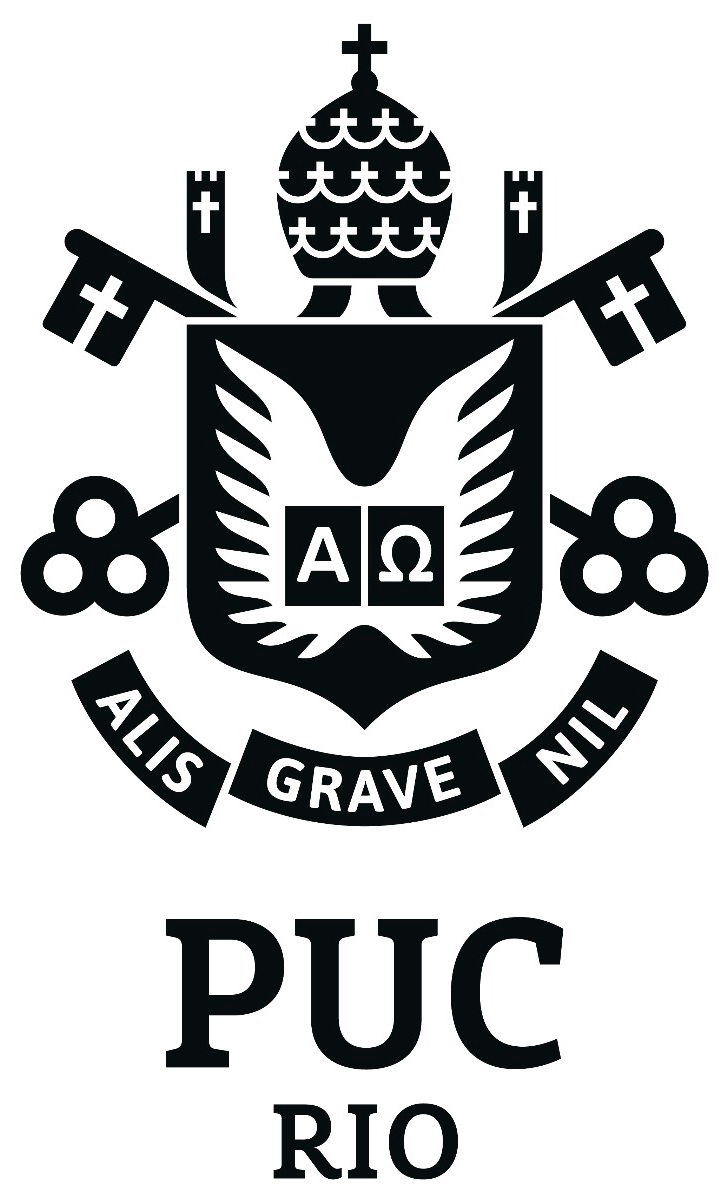Exposing Corrupt Politicians: The Effect of Brazil’s Publicly Released Audits on Electoral Outcomes
Quarterly Journal of Economics, v. 123, n. 2, p. 703-745, 2008
Claudio Ferraz, Frederico Finan.
Acesse o artigoThis paper uses publicly released audit reports to study the effects of disclosing information about corruption practices on electoral accountability. In 2003, as part of an anticorruption program, Brazil's federal government began to select municipalities at random to audit their expenditures of federally transferred funds. The findings of these audits were then made publicly available and disseminated to media sources. Using a data set on corruption constructed from the audit reports, we compare the electoral outcomes of municipalities audited before versus after the 2004 elections, with the same levels of reported corruption. We show that the release of the audit outcomes had a significant impact on incumbents' electoral performance, and that these effects were more pronounced in municipalities where local radio was present to divulge the information. Our findings highlight the value of having a more informed electorate and the role played by local media in enhancing political selection.
Veja também
Public Ownership and Anti-Preemption (a sair)
The RAND Journal of Economics, 2025
Juliano Assunção, Sergey Mityakov , Robert Townsend .
Estimating the Welfare Cost of Labor Supply Frictions (a sair)
Journal of Public Economics, 2025
Katy Bergstrom, William Dodds, Nicholas Lacoste, Juan Rios.
The Value of Health Insurance: A Household Job Search Approach ( a sair)
Journal of Labor Economics, 2025
Renata Narita, Rita Ginja, Gabriela Conti.

